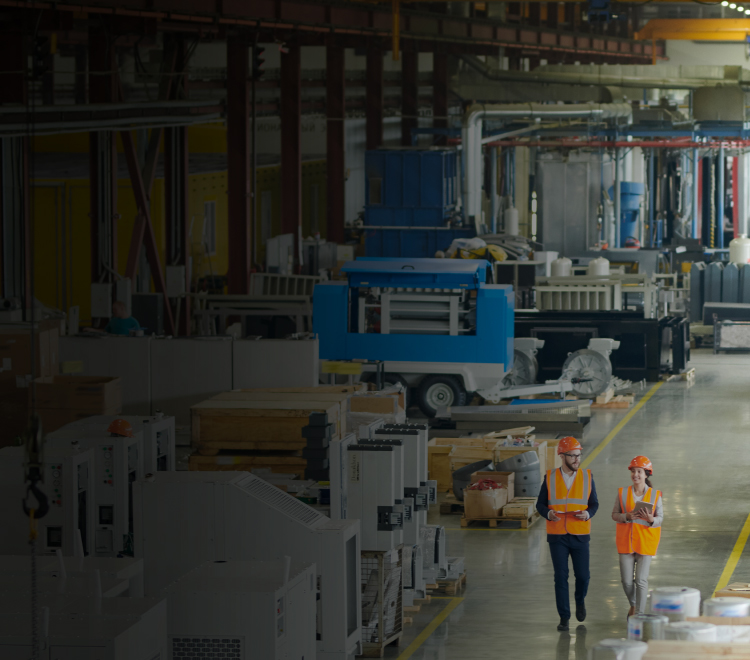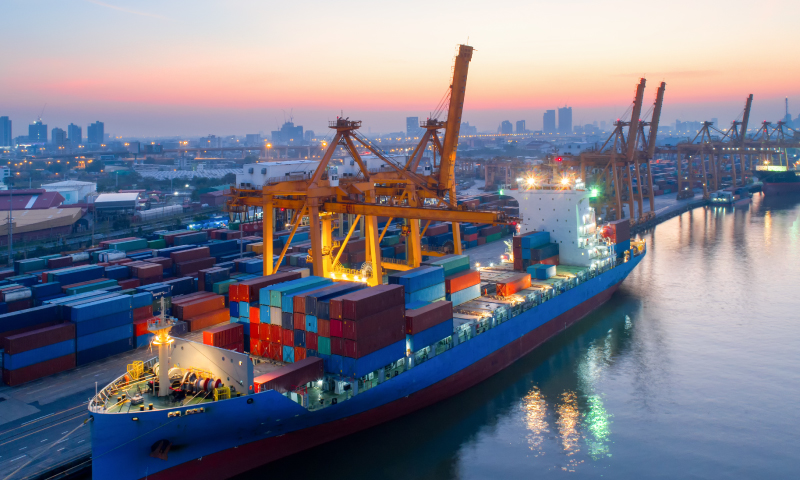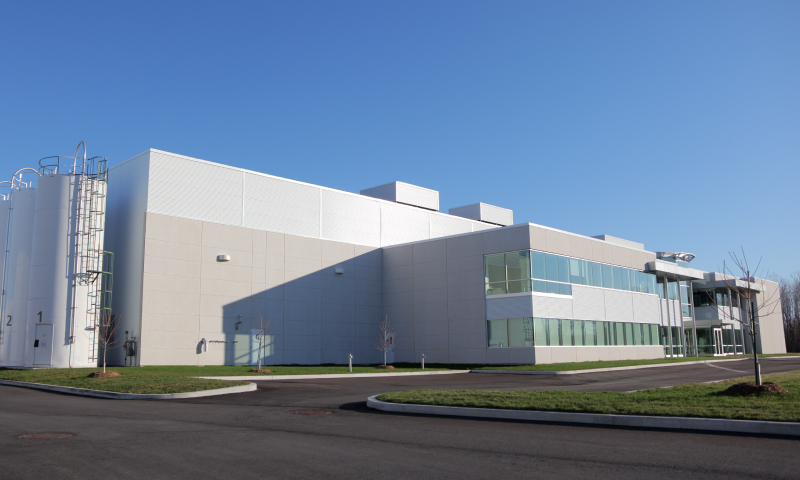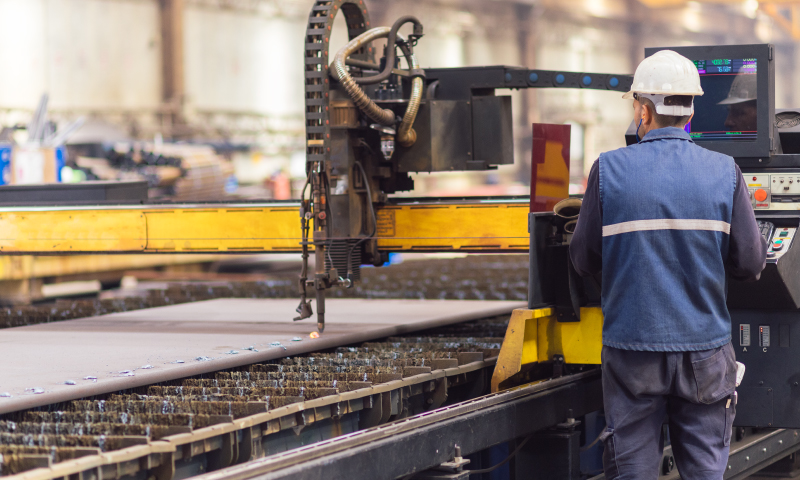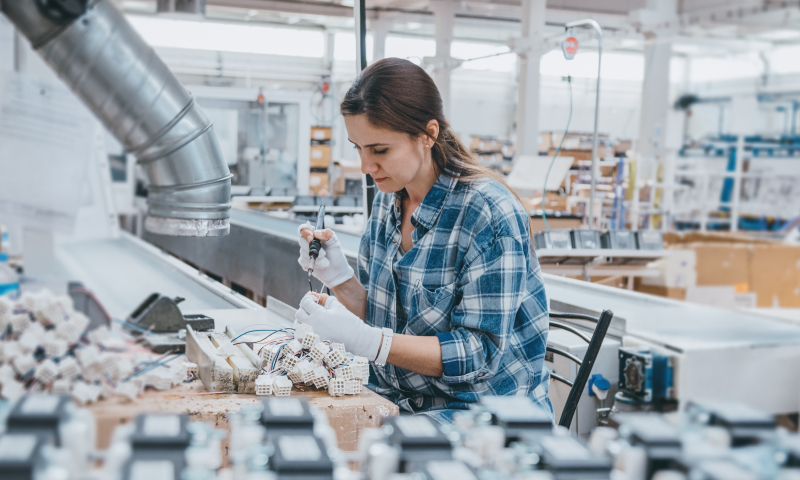03 August 2021
It’s not surprising to see a dip in the latest CIPS manufacturing PMI from 63.9 in June to 60.4 in July as supply chain issues across the sector and increased self-isolation for staff compound the challenges that manufacturers currently face. That said, it isn’t all doom and gloom as these results are the 14th consecutive month of production growth going back to the start of the pandemic in Spring 2020. The trouble is that with both output and new work rates easing to four month lows, input costs being sky high and the well documented logistics issues caused by both coronavirus and Brexit still hampering so many – it remains a testing environment for manufacturers – despite the generally improving market conditions. The pingdemic could not have come at a worse time as pent up consumer spend is driving high levels of demand but without safe levels of staff and crucial components – production is stalling at a time when manufacturers should be at full throttle.
Automotive
Take the automotive sector, the used car market is thriving as manufacturers can’t produce enough new cars to cater for consumer demand, so people are turning to second-hand options despite inflated prices.
Food and drink
Meanwhile, food and drink manufacturers have also been impacted by staff shortages to the extent that Government have put in place daily COVID testing across some parts of the food sector to avoid the food shortages that many major players within the industry have been warning of.
Aerospace
One of the most heavily impacted parts of the manufacturing sector continues to be the aerospace industry with demand in this sector remaining comparatively low in comparison with other parts of the wider manufacturing industry. Figures for global aircraft orders and deliveries in the first half of 2021 suggest that the low volumes of international flights are continuing to cause major problems with the June data suggesting that UK flights and departures were down by 67 per cent on the same period in 2019. Most of the new orders being seen across the industry are owed to customers changing preferences to the type of aircraft on order. Long haul flight uncertainty is influencing many of the big global players who are now placing orders of single aisle jets and are beginning to phase out the more expensive wide-body aircraft in preparation for the international travel rebound.
What next?
For most of the manufacturing sector however, demand is outweighing supply and therefore the Government needs to act quickly and bring forward new rules for the fully vaccinated to test rather than self-isolate to keep production lines going and, in turn, support manufacturers to fuel the UK’s post-pandemic economic recovery.
For further information, please contact Mike Thornton.



